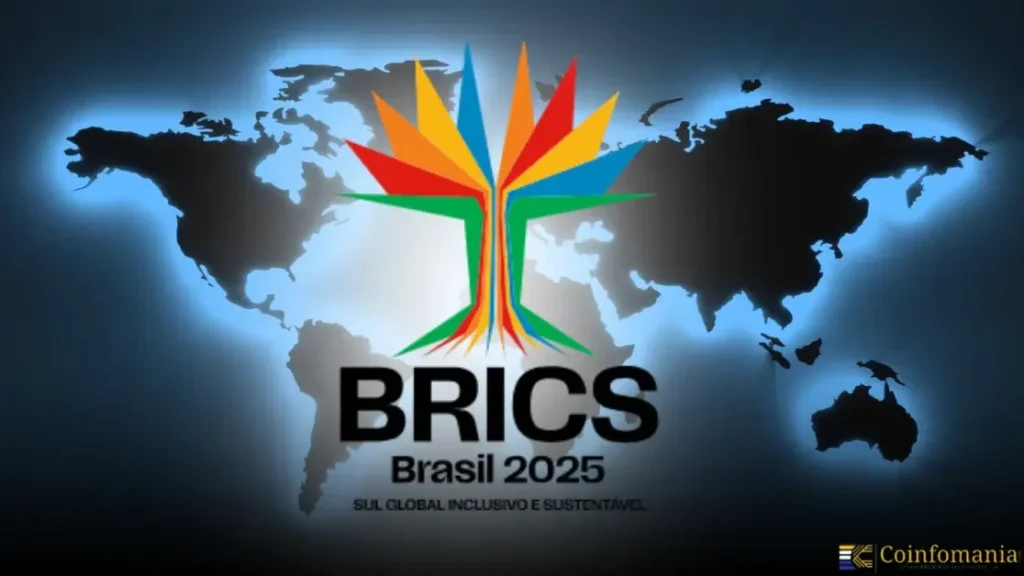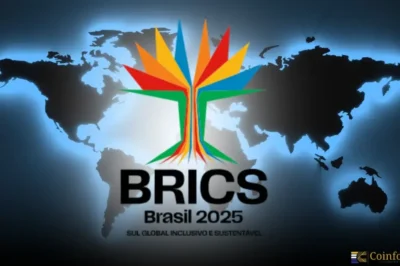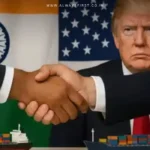
A Summit Under Brazil’s Careful Watch
On July 6–7, 2025, Rio de Janeiro hosts the 17th BRICS summit, bringing together major developing economies, including Brazil, India, South Africa, and recently added nations like Iran, Egypt, Indonesia, Saudi Arabia, Ethiopia, and the UAE, to discuss urgent global issues. But host Brazil is playing it safe. Aware of potential economic fallout from the U.S., it is steering the agenda toward technical, less provocative topics such as climate action, artificial intelligence, global health, and financial cooperation. This cautious direction reflects Brazil’s desire to avoid triggering Donald Trump, who has threatened sweeping tariffs if BRICS was perceived to challenge U.S. financial dominance.
Absent Heavyweights and Fragmented Voices
Key figures such as Chinese President Xi Jinping and Russian President Vladimir Putin are notably missing from Rio: Xi sends his prime minister, while Putin joins via video due to legal complications. Their absence signals a deliberate scaling back in rhetoric, weakening BRICS’ ability to act as a unified bloc. With expanding membership now at 11 countries, the group must balance conflicting policy interests, from authoritarian to democratic regimes, making consensus all the more elusive.
Sidestepping Controversy: Middle East and Iran
Geo‑political hot spots like the Gaza crisis, the Israel-Iran conflict, and Russia’s war in Ukraine are being addressed with carefully vague language. The summit’s earlier ministerial meetings stalled on strong joint statements, reflecting divergent member views. Some delegates argued for a tougher stance, while others, especially Brazil and India, pushed for neutrality to prevent escalation.
Tariffs and Dollar Diplomacy
BRICS is preparing to denounce unilateral trade measures, widely understood to reference U.S. tariff policies, condemning “coercive” and protectionist moves without naming Trump directly. Still, Brazil’s public posture is discreet, prioritizing economic pragmatism to minimize the risk of punitive U.S. trade action.
Global Governance and Multilateral Reform
Brazilian President Lula, evoking the spirit of the Non-Aligned Movement, cast BRICS as a multilateral champion defending the Global South’s voice in revamping institutions like the UN Security Council, IMF, and World Bank. Finance Minister Fernando Haddad added that BRICS nations share a sense that the “global North is overrepresented,” proposing progressive wealth taxes and local-currency trade frameworks to address inequality and foster cooperation.
Climate, AI, and Health: A Brazil‑Led Technical Agenda
To avoid geopolitical friction, the summit’s six strategic priorities, climate change, AI governance, healthcare, institutional strengthening, trade and finance, and security, take centre stage. Brazil leverages the summit to showcase environmental and technological leadership ahead of hosting COP30 in Belém this November.
Growth, Complexity, and Future Outreach
With over 30 countries expressing interest in joining BRICS, the group’s influence has surged, now covering more than half the world’s population and nearly 40% of global GDP. Yet the expansion brings growing pains: ideological rifts, varying geopolitical alignments, and governance challenges risk diluting the bloc’s cohesion and direction.
Signs of Diplomatic Maturity Amid Risk
Despite internal tensions, BRICS diplomats recently finalized a joint declaration that addresses Gaza, Israel-Iran tensions, UN reform, and trade fairness. That pragmatic outcome highlights BRICS’ strategic role as a representative Global South platform, even if it means softening its rhetoric.
Looking Ahead: A Quiet Yet Symbolic Summit
Brazil’s leadership reflects a calculated gamble, elevating less volatile agendas while keeping doors open for institutional transformation. The subdued tone may restrict bold geopolitical moves but ensures BRICS retains credibility, influence, and economic stability amid looming U.S. threats and shifting global alliances. As Lula described, “multilateralism is under attack”, and BRICS, in its cautious embrace, seeks relevance in a fractured world.
In essence, the Rio summit blends ambition with restraint. BRICS is signalling unity on trade and reform, yet its reticence on contentious fronts reveals intrinsic fractures. Brazil’s hosting may not yield a seismic shift in world order, but it does highlight the bloc’s evolving identity: a diverse, increasingly weighty voice in global affairs, cautiously adapting to U.S. influence and internal diversity.









































Leave a Reply